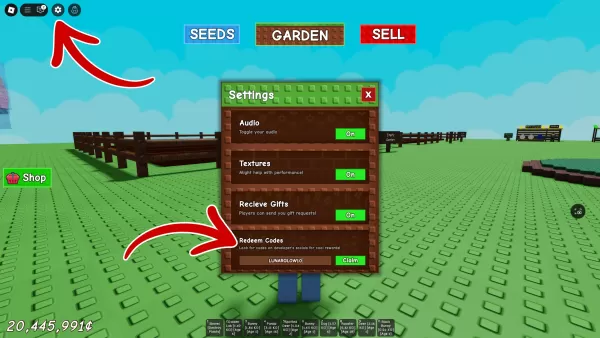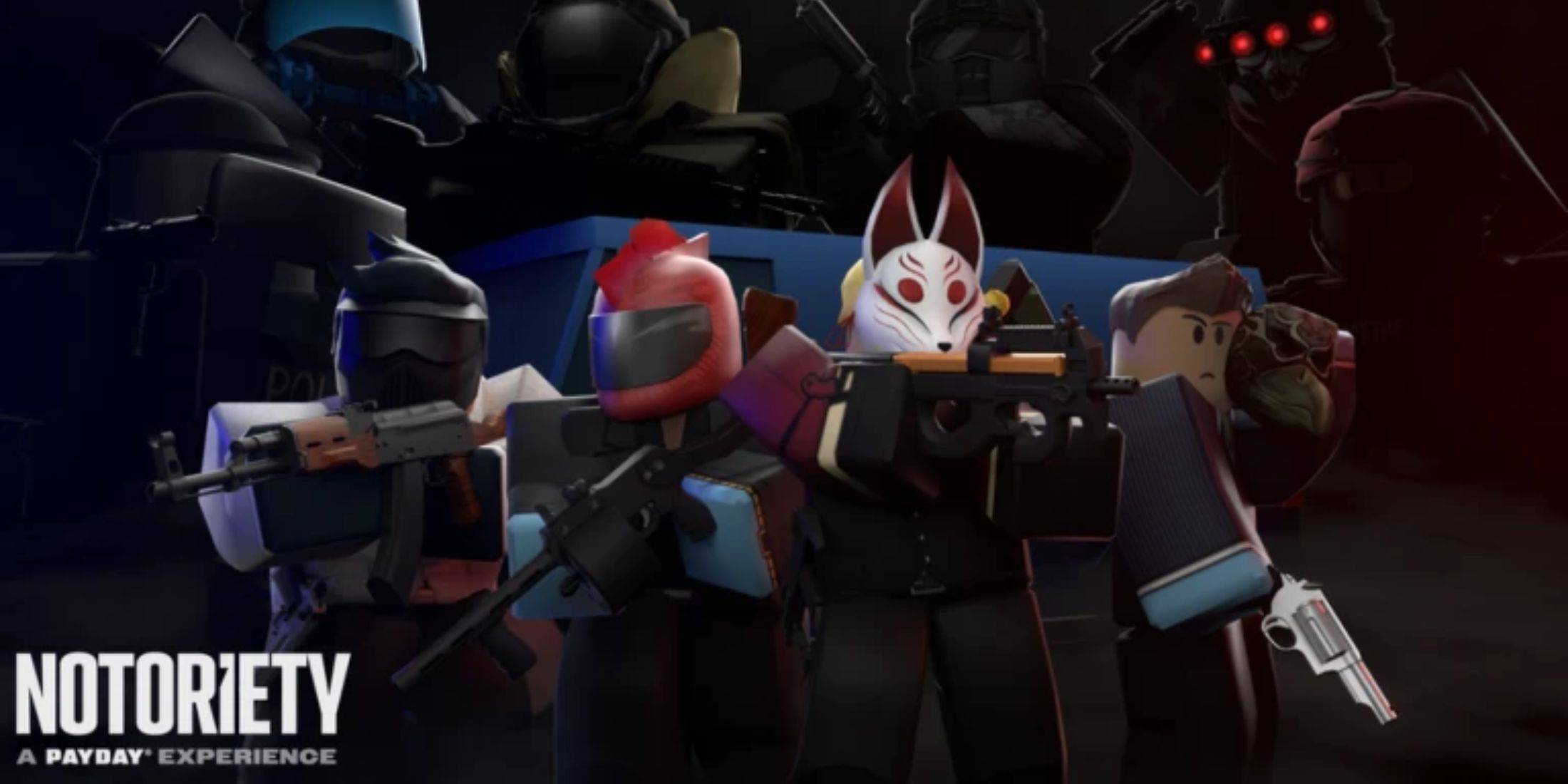Top 2024 Mobile Games: Iwan's Picks Revealed
It's the year's end, and my Game of the Year is Balatro. While not necessarily my favorite, its numerous accolades warrant discussion. Balatro, a blend of solitaire, poker, and roguelike deckbuilding, swept awards, including Indie and Mobile Game of the Year at The Game Awards and two Pocket Gamer Awards.
However, its success has also sparked confusion and even anger. Comparisons between its visually simple presentation and flashier competitors have led to bewilderment over its widespread acclaim. I believe this highlights why it's my GOTY choice.
Honorable Mentions:
- Vampire Survivors' Castlevania expansion: A highly anticipated addition, finally bringing iconic characters into the game.
- Squid Game: Unleashed's free-to-play model: A potentially groundbreaking move by Netflix Games, suggesting a shift in monetization strategies.
- Watch Dogs: Truth audio adventure: An intriguing, albeit unconventional, release for the Watch Dogs franchise.
My Balatro Experience:
My experience with Balatro has been mixed. While engaging, I haven't mastered it. The focus on optimizing deck statistics, which I find frustrating, has prevented me from completing runs despite many hours of play.
Despite this, Balatro represents excellent value. It's simple, accessible, and not overly demanding. While not my ultimate time-waster (that title belongs to Vampire Survivors), it's a strong contender. Its visuals are appealing, and gameplay is smooth. For $9.99, you get a captivating roguelike deckbuilder suitable for public play. LocalThunk's ability to elevate a simple format is commendable, from its calming music to the satisfying sound effects.
The "It's Just a Game" Argument:
Balatro's success has been met with skepticism. Unlike flashy gacha games or high-fidelity titles, it's considered "just a card game." This reaction highlights a need to evaluate games based on quality of execution, not solely on visual fidelity or other superficial elements.
Substance Over Style:
Balatro's success demonstrates that multi-platform releases don't require massive budgets or complex features. It's a well-executed, simple game with a unique style that appeals to mobile, console, and PC players. While not a massive financial success, its relatively low development costs likely resulted in significant profit for LocalThunk.
Balatro proves that a game can be successful without being a cross-platform, cross-progression, massively multiplayer gacha experience. It showcases that simplicity and well-executed design can triumph.
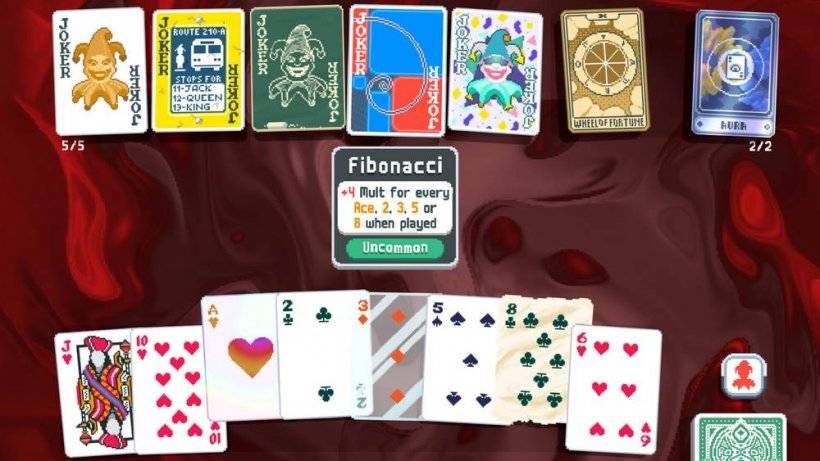
My struggles with Balatro also highlight its versatility. It can be approached as a highly strategic game or as a more relaxed way to pass time.
In conclusion, Balatro's success underscores a crucial lesson: A game doesn't need to be groundbreaking in terms of graphics or complexity to achieve success. Sometimes, being simple, well-executed, and uniquely styled is enough.
-
Marvel Contest of Champions is marking its 10th anniversary, and Kabam is launching the festivities with a special video highlighting the game's evolution since 2014. From memorable collaborations and endorsements by celebrities and creators to a rosAuthor : Sebastian Jan 23,2026
-
Hungry Horrors, a roguelite deck-building game, is headed to mobile devices.Launching first on PC, it will arrive on iOS and Android later this year.Satisfy authentic British monsters with the right meals before they decide you're on the menu.The folAuthor : Eric Jan 23,2026
-
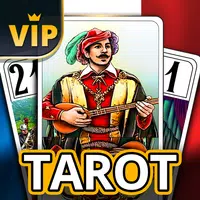 Tarot Offline - Card GameDownload
Tarot Offline - Card GameDownload -
 Virtuelles Casino - Craps Spiel OnlineDownload
Virtuelles Casino - Craps Spiel OnlineDownload -
 BrazilyaDownload
BrazilyaDownload -
 Battle Angel Moe moe arena-Download
Battle Angel Moe moe arena-Download -
 Sandy BayDownload
Sandy BayDownload -
 Spell CastersDownload
Spell CastersDownload -
 Brain Puzzle - IQ Test GamesDownload
Brain Puzzle - IQ Test GamesDownload -
 Vampire's Fall: Origins RPGDownload
Vampire's Fall: Origins RPGDownload -
 Being a good sonDownload
Being a good sonDownload -
 Truck Cargo simulator offroadDownload
Truck Cargo simulator offroadDownload
- Black Ops 6 Zombies: How To Configure The Summoning Circle Rings on Citadelle Des Morts
- Roblox: Latest DOORS Codes Released!
- Harvest Moon: Lost Valley DLC and Preorder Details Revealed
- Silent Hill 2 Remake Coming to Xbox and Switch in 2025
- Roblox: Blox Fruits Codes (January 2025)
- Roblox: Freeze for UGC Codes (January 2025)

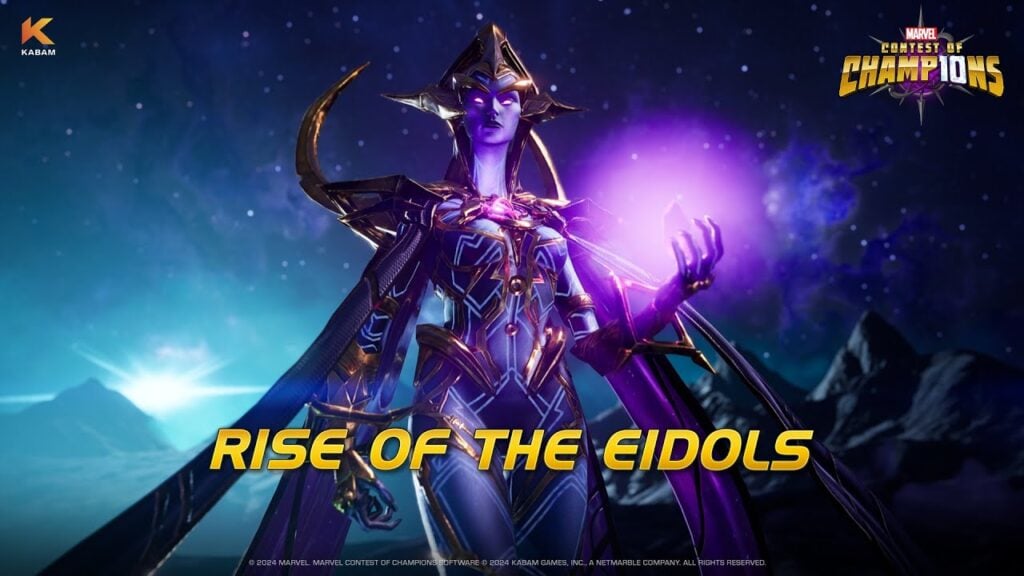
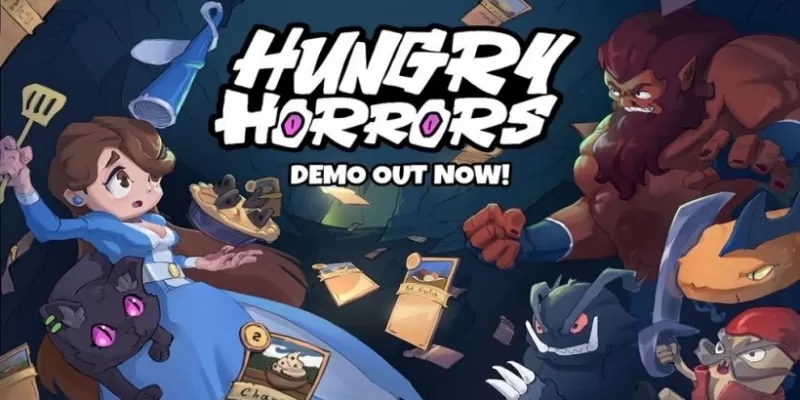
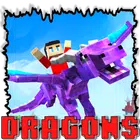
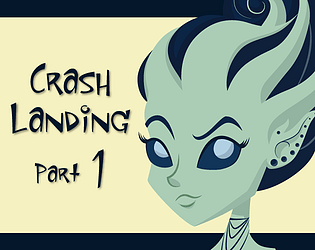



![Taffy Tales [v1.07.3a]](https://imgs.ehr99.com/uploads/32/1719554710667e529623764.jpg)



